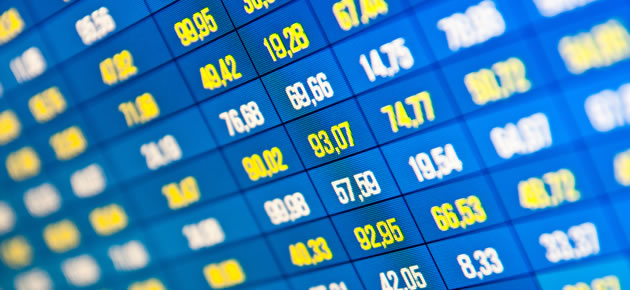The Euro to Pound Sterling (EUR/GBP) exchange rate firmed on Thursday due to the release of worse-than-forecast UK retail sales data. The single currency’s gains were restrained however, as several Eurozone economic reports also missed expectations.
The Euro to Pound Sterling (EUR/GBP) Exchange Rate Firmed To A Session High of 0.7186
Earlier in the session, the Euro found some support from a report released in Germany, which showed that consumer confidence in the currency blocs largest economy rose to its strongest level since late 2001. The GfK’s forward-looking consumer confidence report showed that its confidence index is expected to rise from 10.0 to 10.1.
‘Consumer sentiment in April was mixed. While the consumer climate improved once more, the increase was not quite so marked. Income expectations continued to rise, but economic expectations and consumer’s willingness to spend fell slightly. The constant to-ing and fro-ing over Greece’s future in Europe is clearly stating to have an effect on consumers,’ Gfk said in a statement.
As the session progressed, the single currency then softened as more data releases showed that activity in France and Germany’s manufacturing and services sectors weakened in April.
The wider Eurozone meanwhile saw its manufacturing sector fall to its weakest level in two-months. The initial report on the regions manufacturing Purchasing Managers Index (PMI) fell from 52.2 in March to 51.9 in April. The Eurozone composite index, which combines the services and industrial sectors weakened to a reading of 53.5 in March, below expectations for a reading of 54.4.
In a PMI, any number below 50 indicates contraction, whilst a number above indicates expansion.
‘The weaker rate of expansion is a big disappointment given widespread expectations that the ECB’s quantitative easing will have boosted the fledgling recovery seen at the start of the year. However, it’s too early to draw firm conclusions about whether growth is faltering again and the effectiveness of policy. Although the PMI has pulled back from March’s recent high, the index remains above the average seen in the first quarter and is indicative of the Eurozone economy growing at a reasonably robust quarterly rate of 0.4% at the start of the second quarter,’ said Markit’s chief economist at Chris Williamson.
Pound Sterling (GBP) Exchange Rate Falls on Poor Retail Sales Data
The Pound Sterling weakened against the Euro and other major peers after released by the London based Office for National Statistics (ONS) showed that UK retail sales fell by -0.5% last month, dashing economist forecasts for a rise of 0.4%. The fall was mainly down to a slide in fuel sales.
A separate report showed that Chancellor George Osborne had reached his target of cutting the UK’s deficit by 11% in the 2014-15 financial year.



